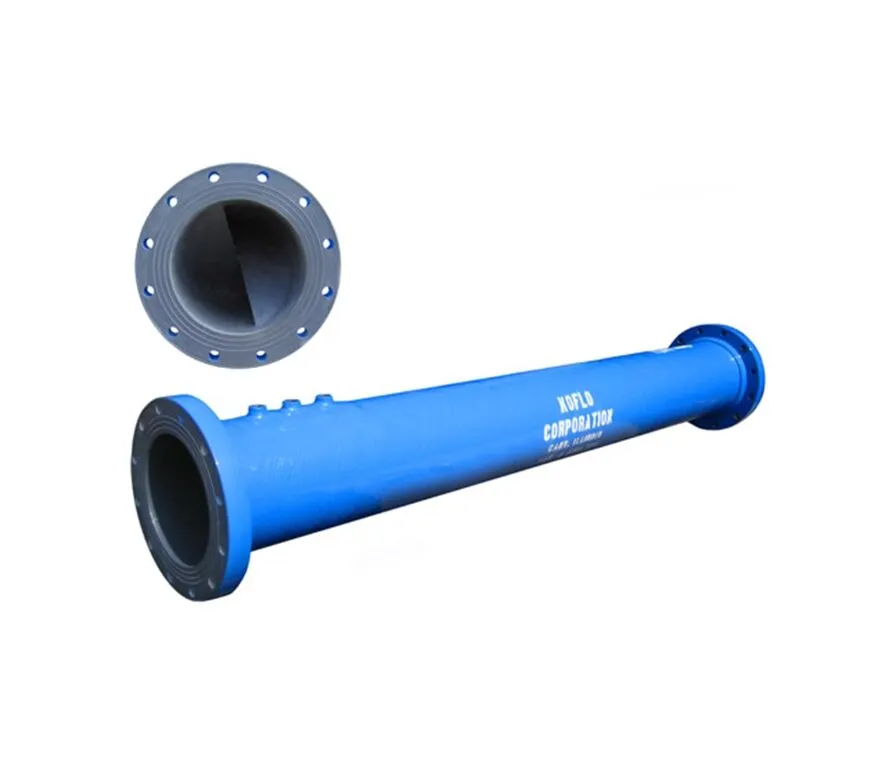Industrial mixers are the backbone of countless production systems, from blending chemicals to preparing coatings and slurries. Yet, in facilities where volatile vapours, gases, or fine dusts are present, the risk of ignition turns mixing into a safety-critical process.
Explosion-proof industrial mixing machines meet strict safety conditions in hazardous environments. This helps ensure better safety, compliance, and consistent performance without compromising productivity.
Understanding Explosion-Proof Mixers: What Makes Them Different
Explosion-proof mixers can operate safely in environments where flammable materials or combustible particles are present as part of daily operations. Unlike standard industrial mixers, these units can contain or prevent ignition sources that could otherwise lead to explosions.
Key Design Features
- Sealed motor enclosures prevent sparks from escaping into the surrounding atmosphere.
- Intrinsically safe wiring isolates electrical components from volatile vapours.
- Grounding systems reduce static electricity that could act as an ignition source.
- Heavy-duty housings are rated for hazardous zones classified by relevant agencies.
By combining mechanical strength with certified electrical protection, explosion-proof industrial mixing machines play an essential role. They provide both operational reliability and peace of mind in potentially dangerous settings.
Where Explosion-Proof Industrial Mixers Are Used
Many industries handle flammable materials as part of their core processes. Explosion-proof designs are not just a precaution, but often a regulatory requirement.
Common Application Areas
- Chemical Manufacturing: Using industrial chemical mixers for blending volatile solvents, resins, or adhesives.
- Paints and Coatings Production: Use mixers to disperse pigments and binders that release vapours safely.
- Pharmaceutical and Cosmetic Plants: Essential, where alcohol-based formulations can pose ignition hazards.
- Petrochemical Refineries: Used for emulsification and additive blending in hydrocarbon processing.
- Food Processing Sectors: Used mainly in areas where alcohol flavourings or powders create dust clouds.
Across each setting, the right mixer safeguards both the workforce and production assets from potentially catastrophic events.
Mixing Principles in Industrial Mixers That Influence Safety and Performance
An explosion-proof design addresses ignition control, but performance also depends on adequate mixing of materials. Understanding a few essential mixing principles helps explain why selecting the proper equipment is so crucial.
1. Flow Pattern Control
Efficient mixers manage the flow path of liquids and solids to promote uniform blending. Proper impeller design or static mixing geometry ensures that all materials move continuously through high-shear and low-shear zones.
Poor flow leads to hot spots or unreacted pockets. This can create unwanted heat buildup, which is an indirect hazard in volatile systems.
2. Shear Distribution
The amount of shear application during mixing must strike the right balance. Excessive shear may generate heat or degrade sensitive components, while too little shear prevents proper dispersion.
Explosion-proof industrial mixers in Canada maintain controlled shear levels without introducing frictional heat.
3. Viscosity Management
High-viscosity liquids or slurries demand greater torque and energy. Explosion-proof motors can handle these loads safely within specified temperature limits, thereby minimizing thermal ignition risks.
4. Static vs. Dynamic Mixing
Static mixers rely on internal elements to mix fluids as they flow through a pipe. This makes them ideal for continuous, closed-system processes. Dynamic mixers use powered impellers for batch or semi-batch blending.
Both configurations can be explosion-proof with proper rating, and both benefit from designs that ensure even energy distribution.
Benefits of Explosion-Proof Industrial Mixers
Investing in equipment with proper ratings delivers measurable value far beyond safety compliance.
1. Worker Protection
An explosion-proof design minimizes the risk of ignition from electrical or mechanical sources. This ensures personnel safety even in high-risk production areas.
2. Regulatory Confidence
Meeting relevant standards demonstrates a facility’s commitment to occupational safety and environmental responsibility.
3. Operational Continuity
Downtime after a safety incident can cost far more than preventive investment. Robust explosion-proof systems support uninterrupted production cycles.
4. Product Quality
Stable mixing conditions prevent chemical degradation or temperature spikes that could affect batch consistency.
5. Lower Maintenance
Sealed housings and corrosion-resistant finishes reduce wear and contamination risk, extending service life and reducing long-term costs.
Selecting the Right Explosion-Proof Mixer
Choosing the correct model involves evaluating both process needs and safety classifications.
Key Selection Factors
- Material Compatibility: Stainless steel or coated construction resists corrosive ingredients.
- Viscosity Range: Determines torque and motor power requirements.
- Mounting Type: Options include clamp, flange, or tank-mounted systems, depending on vessel design.
- Zone Classification: Align with the facility’s identified hazard level, such as Class I or Division 1.
- Maintenance Access: Explosion-proof components should still allow easy inspection and servicing.
Working with a supplier familiar with regulated industrial applications helps match mixer performance to plant safety needs.
The Role of Industrial Mixers in Safer Process Engineering
In modern process industries, safety and performance are intertwined. Explosion-proof mixers embody this relationship by combining engineered protection with efficient blending. They form a key link in risk-management strategies that cover containment, ventilation, monitoring, and preventive maintenance.
With proper implementation, such systems:
- Maintain consistent product quality under controlled conditions.
- Prevent ignition sources even during abnormal operations.
- Enable continuous improvement through measurable safety metrics.
These machines are not just compliant tools but integral to responsible industrial design.
Future Direction: Safer and More Efficient Industrial Mixing Systems
Advances in materials, motor technology, and monitoring sensors are making explosion-proof mixers more energy-efficient without compromising safety. Variable-speed drives and intelligent control systems now allow operators to adjust torque and speed precisely within safe operating envelopes.
This trend aligns with broader industrial goals of reducing energy consumption while maintaining compliance and protection.
Safe Mixing Starts with the Right Equipment
Explosion-rated industrial mixers serve as vital safeguards in facilities handling volatile materials. They combine engineered containment, certified electrical design, and proven mixing performance to keep operations efficient and compliant.
For operations committed to maintaining high safety standards, Vissers Sales Corp. offers a comprehensive range of industrial mixers designed for demanding environments. Contact Vissers Sales Corp. today to learn more about explosion-proof and industrial mixers.


